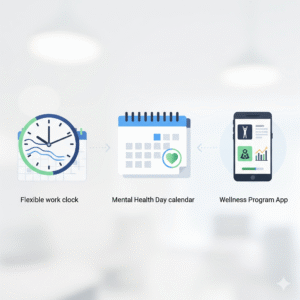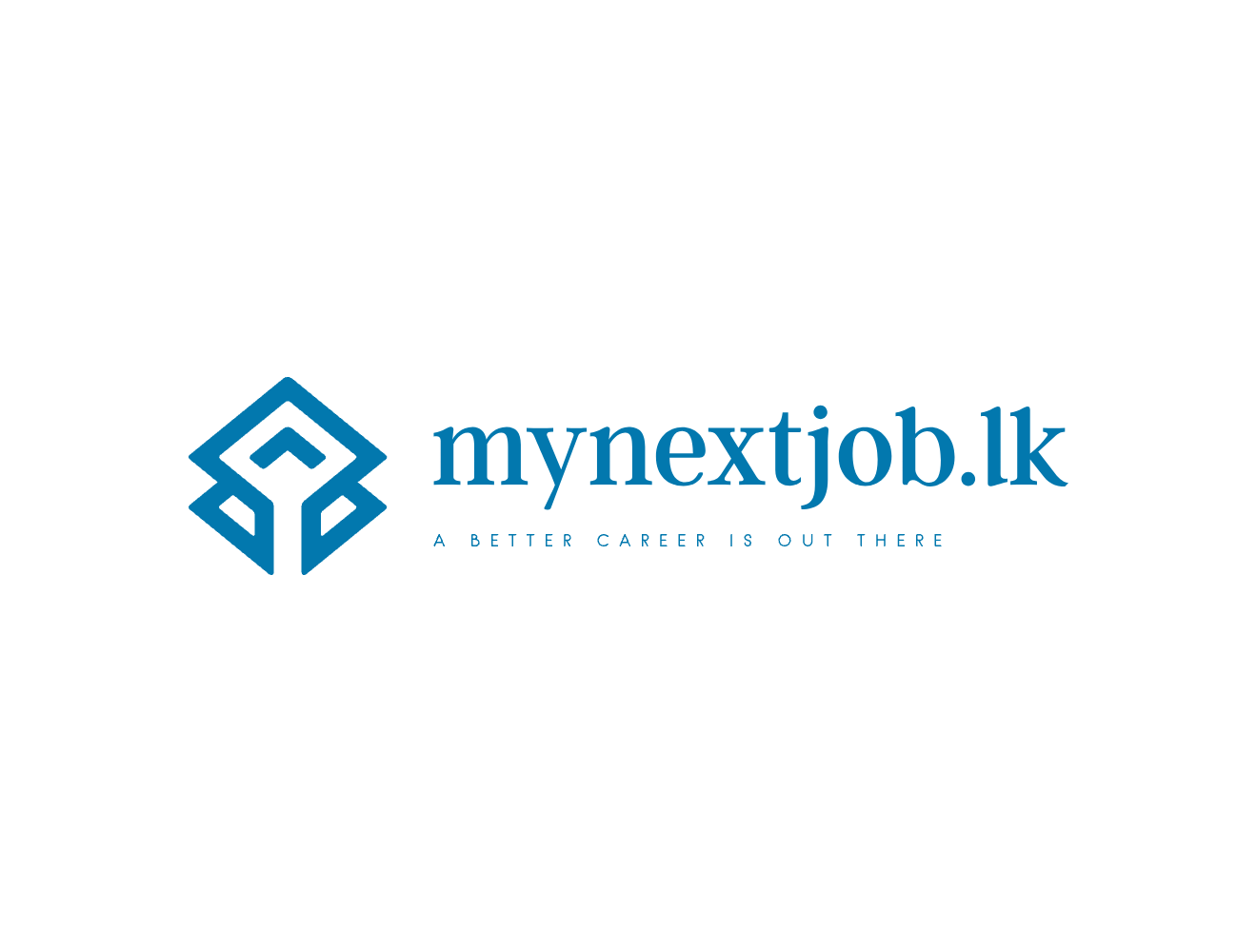The shift to remote work has brought unprecedented flexibility, but it has also introduced a new set of mental health challenges for employees. Issues such as social isolation, the blurring of work-life boundaries, and burnout have become more prevalent. Employees may feel disconnected from their colleagues and the company culture, while the lack of a physical commute or a clear “end of day” can make it difficult to switch off. HR professionals are uniquely positioned to address these issues and foster a supportive environment.
Creating a Culture of Open Communication
 HR’s first step is to destigmatize mental health and create a culture where employees feel comfortable seeking help. This involves providing training for managers on how to recognize signs of distress and conduct empathetic check-ins. By encouraging open dialogue, HR can ensure that employees feel heard and supported. Regular, non-work-related virtual check-ins, team-building activities, and virtual social events can also help combat feelings of isolation and foster a sense of community.
HR’s first step is to destigmatize mental health and create a culture where employees feel comfortable seeking help. This involves providing training for managers on how to recognize signs of distress and conduct empathetic check-ins. By encouraging open dialogue, HR can ensure that employees feel heard and supported. Regular, non-work-related virtual check-ins, team-building activities, and virtual social events can also help combat feelings of isolation and foster a sense of community.
Implementing Proactive Policies and Programs
 Beyond fostering a supportive culture, HR must implement concrete policies and resources. This includes:
Beyond fostering a supportive culture, HR must implement concrete policies and resources. This includes:
- Flexible Work Schedules: Empowering employees to define their own hours can help them manage personal commitments and reduce stress.
- Mental Health Days: Officially recognizing and encouraging the use of mental health days as part of a leave policy sends a clear message that wellbeing is a priority.
- Employee Assistance Programs (EAPs): Promoting and ensuring easy access to EAPs that offer confidential counseling, financial advice, and other support services is crucial. A key challenge is a lack of awareness, so HR must regularly communicate these benefits.
- Wellness Initiatives: Offering access to virtual wellness programs, such as yoga or meditation classes, or providing stipends for fitness subscriptions or mindfulness apps, can empower employees to prioritize self-care.
Training Managers to Lead with Empathy
Managers are on the front lines of a remote team’s wellbeing. HR must equip them with the tools to succeed. Training should focus on empathetic leadership, recognizing signs of burnout, and facilitating conversations about mental health. Managers should also be encouraged to model healthy behaviors, such as taking their own vacation days and disconnecting after hours, which sets a positive example for their teams.
The Way Forward
Supporting the mental health of a remote workforce is not a one-time initiative but an ongoing commitment. By taking a proactive and strategic approach, HR can mitigate the risks of remote work and build a more resilient, engaged, and productive team. This involves a continuous cycle of listening to employee feedback, adapting policies, and reinforcing a culture that truly values the wellbeing of every individual, no matter where they are located.











